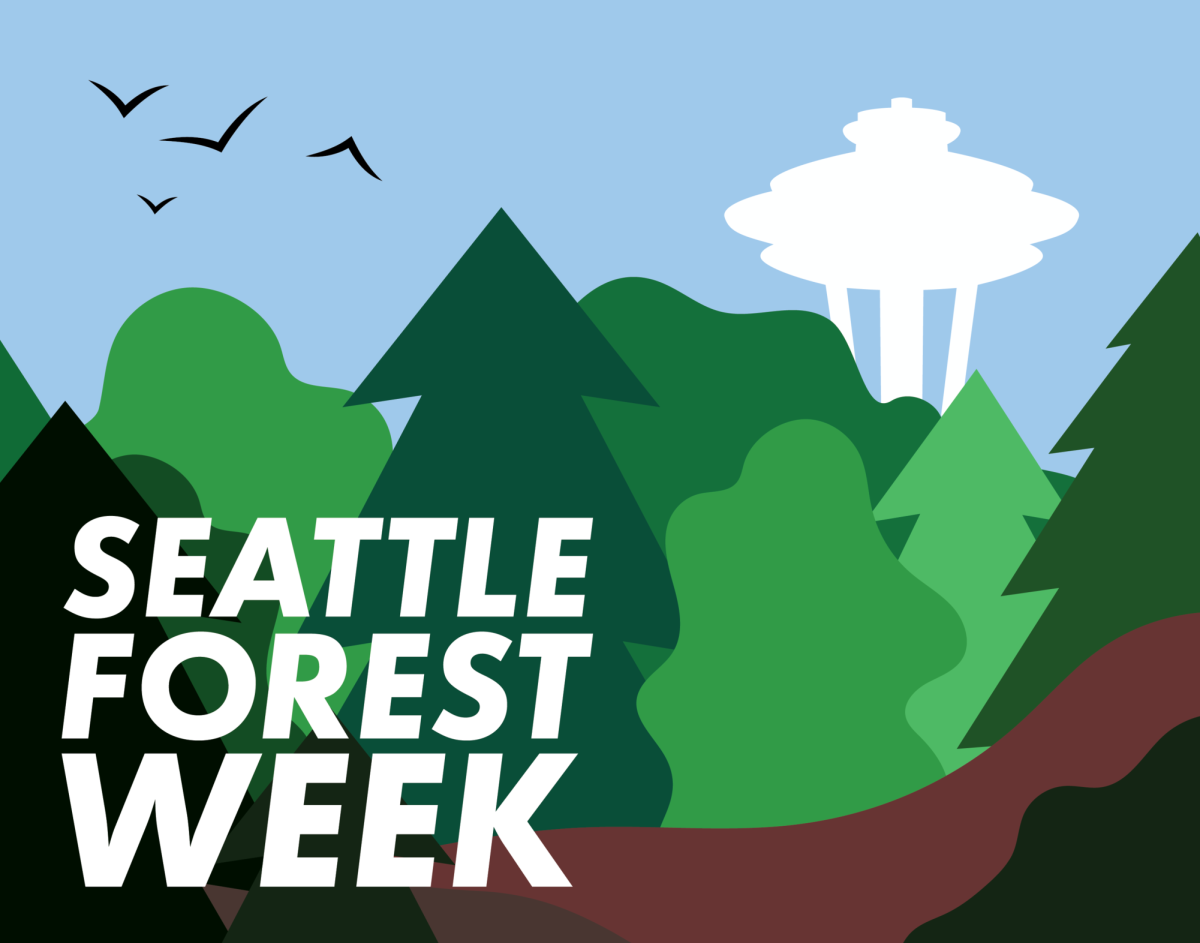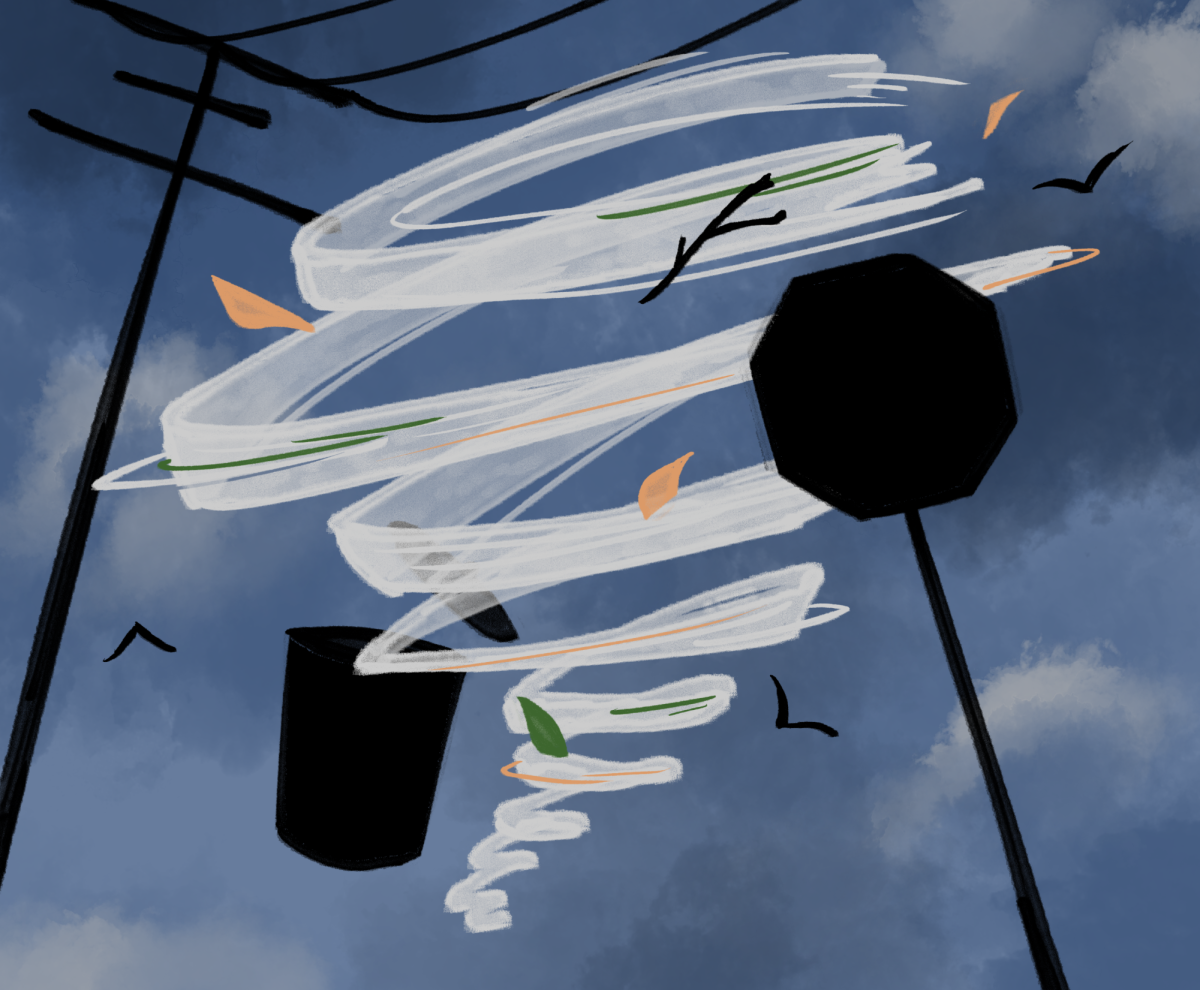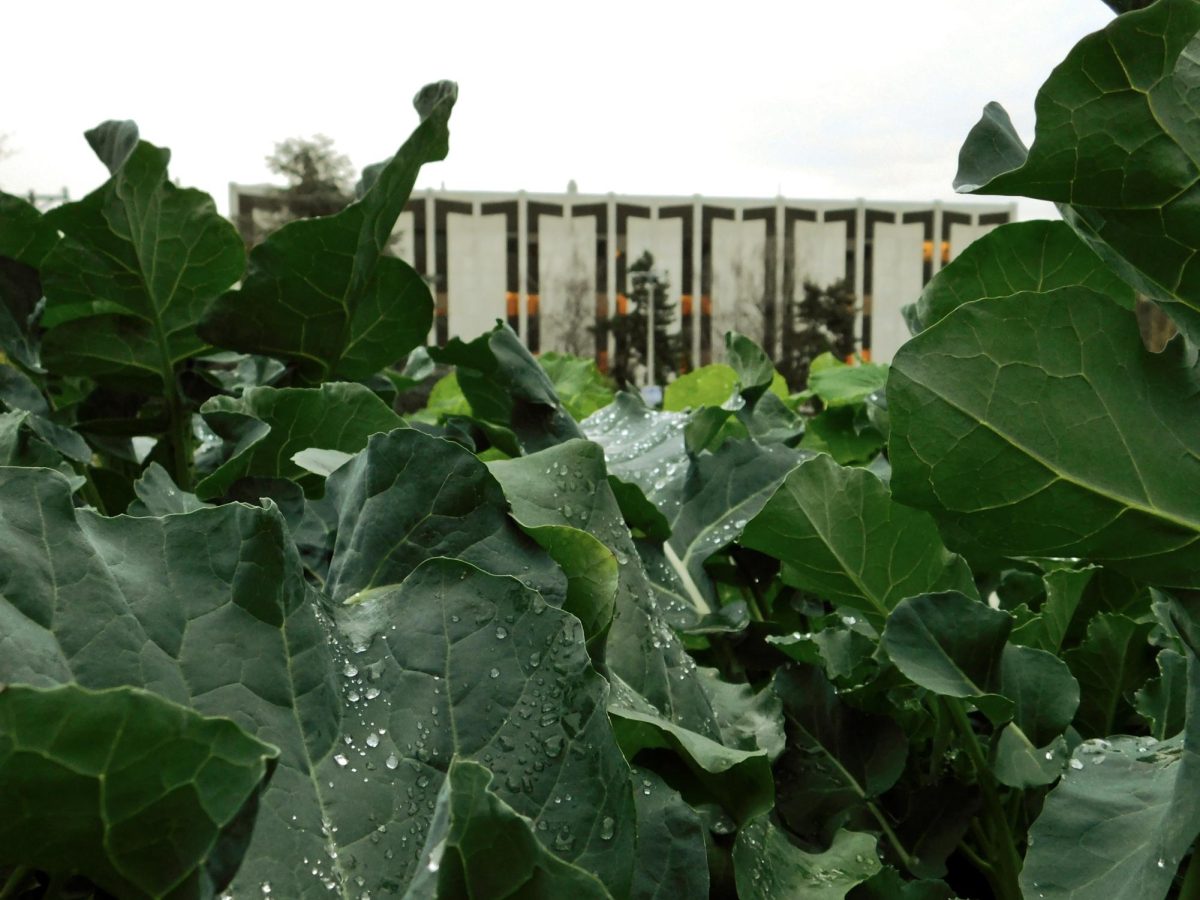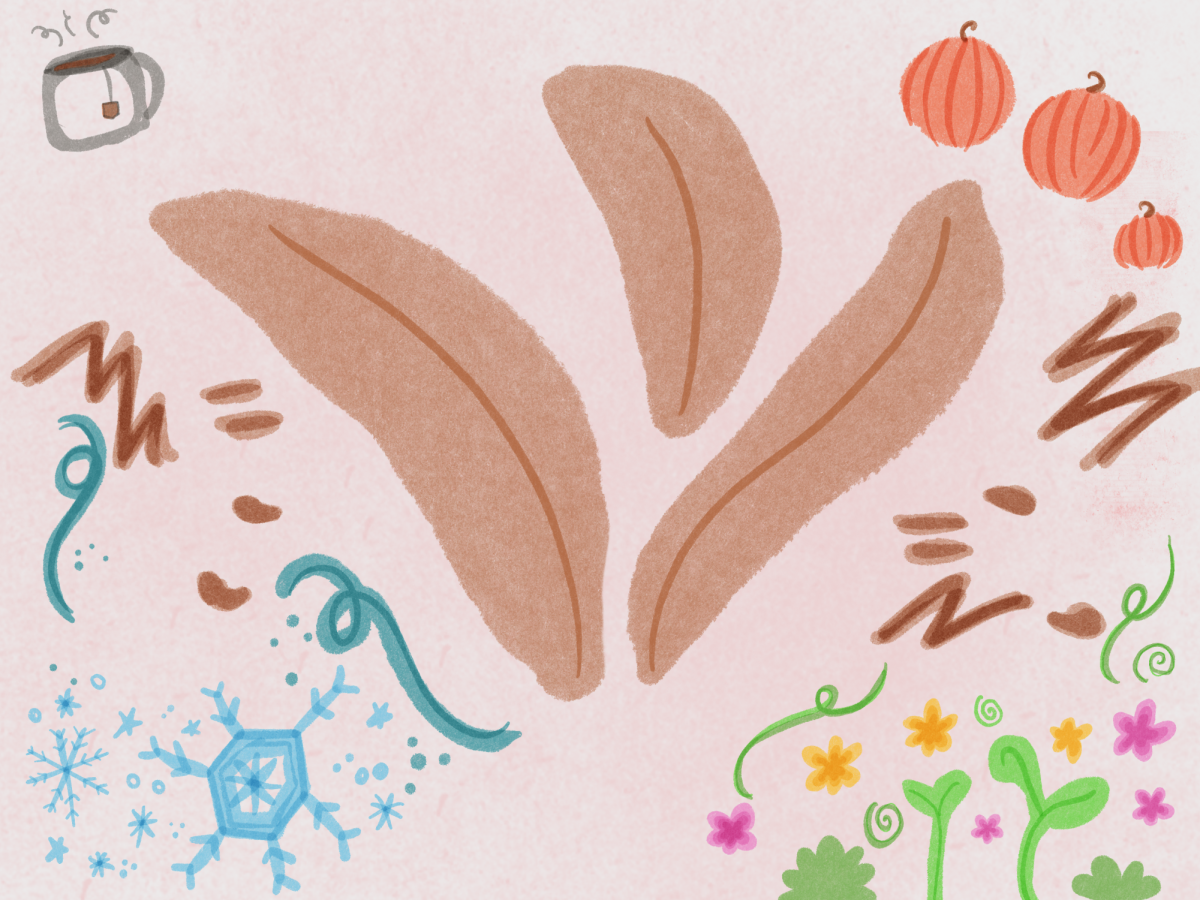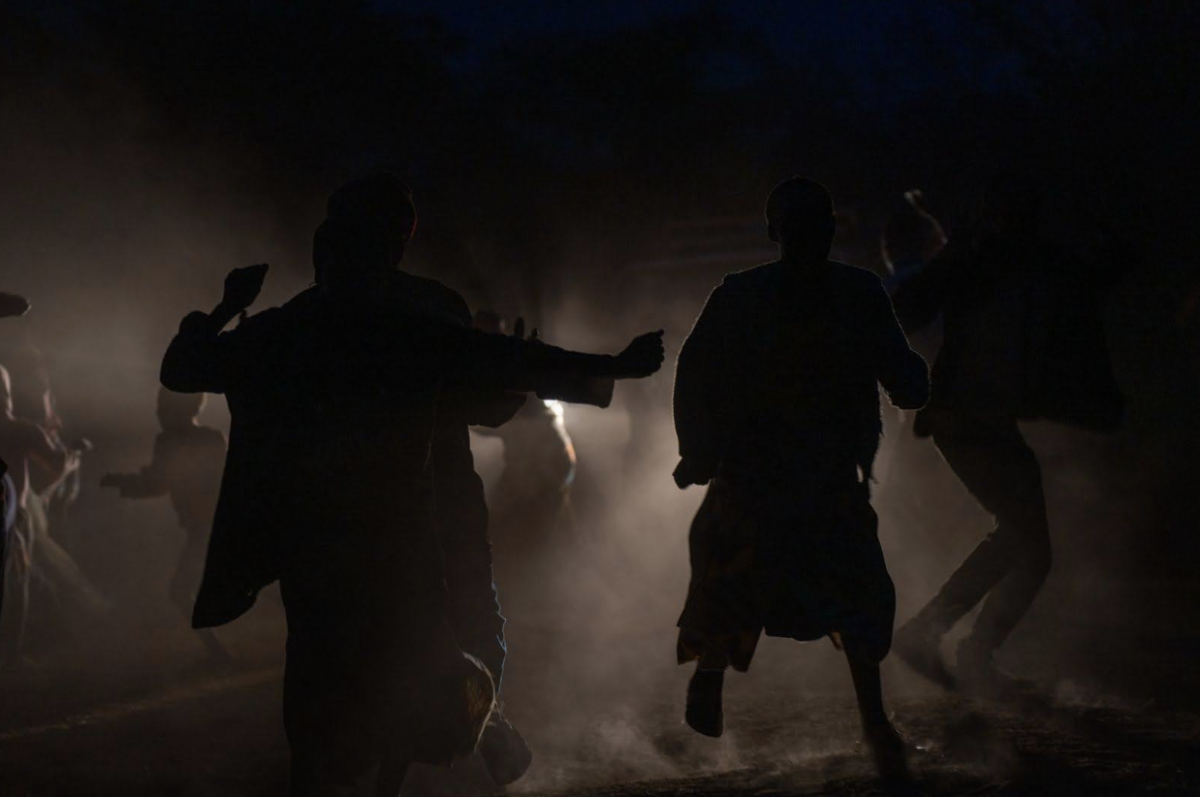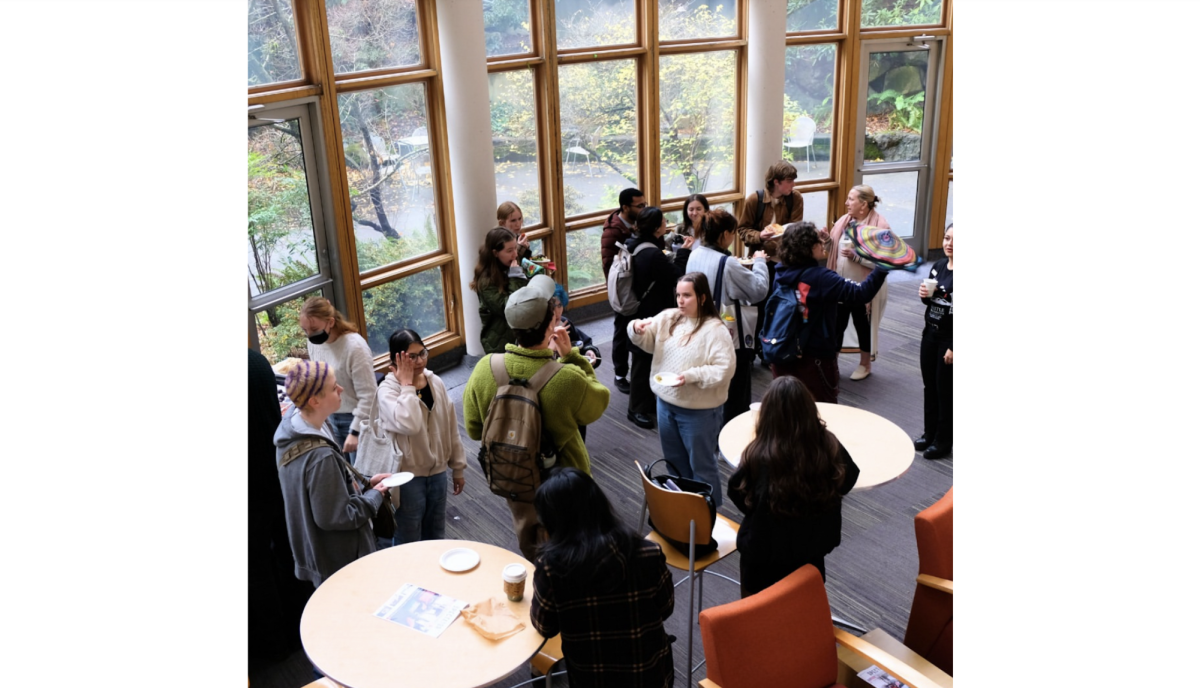Seattle’s third annual Forest Week has just come to a close, welcoming November with a bounty of forest-forward volunteering events. The weeklong celebration centers on the urban forest, where participants are encouraged to learn about and explore the city’s forests.
Seattle Forest Week was first celebrated in 2021 as a way to promote community engagement and the protection of our urban forest. This year, projects spanning across the city began Saturday, Oct. 28 and concluded this past Saturday, Nov. 4 with Green Seattle Day, a volunteer planting and restoration event. Events from tree planting to fall-themed crafts occurred throughout the week, welcome to all. The primary resource to sign up for events was through the Green Seattle Organization’s website.
Anna Trudo, a third-year environmental studies major and a representative of Seattle University’s Center for Environmental Justice and Sustainability, assisted with student outreach to encourage participation in the week’s events.
“It’s not just planting trees. There are a lot of different opportunities and you just choose what you want to register for,” Trudo said.
Trudo explained how intriguing and inclusive Seattle Forest Week was.
“It’s really good because you don’t need to be on campus to participate. We don’t have a lot of hands-on opportunities just for campus unless you’re on Grounds [department], so it’s a way that students can have a hands-on experience that’s not SU-related,” Trudo added.
Trudo explained the importance of continuing to protect our urban forests, considering the constant construction of high-rises and extensions of corporations.
“As more companies like Amazon and Microsoft come in, we have to make sure we’re not just plowing the city with concrete and taking over. Over the last couple years I’ve seen a decrease in trees—especially within the city. It’s only going to get hotter so you’re going to want shade, and to find the balance between the city and the natural environment,” Trudo said.
Marcel Le Du, a fourth-year kinesiology major and part-time worker off-campus, provided insight into students’ availability to participate in volunteer efforts.
“For people who have time, yes [they can be accessible]. Not everyone’s going to have the time to be able to do that,” Le Du said.
The last time Le Du was able to participate in a hands-on volunteering event was a few years ago. The event focused primarily on upkeeping urban areas through the removal of invasive species and brought him some important takeaways regarding urban green spaces.
“Our urban forests house a lot of animals. It’s very good for taking carbon dioxide and upkeep ecosystems. It can lead to better air quality and a better-looking environment, too. It makes it more pleasant for everyone,” Le Du said.
Jonah Malmon-Andrews, a second-year environmental studies student, also emphasized the need to protect urban spaces for humans as well.
“Other than being something that adds beauty to a lot of urban environments, I know that there are a lot of studies done that [show that] creating spaces in urban environments helps a lot with mental health, and trees play a big part in that,” Malmon-Andrews said.
Malmon-Andrews invited other students to adopt a ‘climate wise’ mindset to ensure a better environment for tomorrow.
“Not every action needs to be sustainability-driven because I feel like that’s not really realistic. But just do the best you can—if you can reach out I know there are a lot of youth-led climate and sustainability movements. Just try to find other people with the same goals as you,” Malmon-Andrews said.
Malmon-Andrews also highlights a common burden among college students and the desire to “do something.”
“I think a lot of people—college students especially—know the impacts of climate change. I think it’s really easy to be really cynical and to have this feeling of hopelessness.” Malmon-Andrews said.
Malmon-Andrews reminds students the importance of doing their part.
“But larger activities like this where you’re participating with a group to work towards this common goal– it’s easier to get out of that mindset and feel like you can make a little difference. Just being with other people and knowing that they share the same passions as you is uplifting,” Malmon-Andrews said.
Though the week has come to an end, there are always ways that students can continue to get involved with local urban forests and take measures to sustain them.




